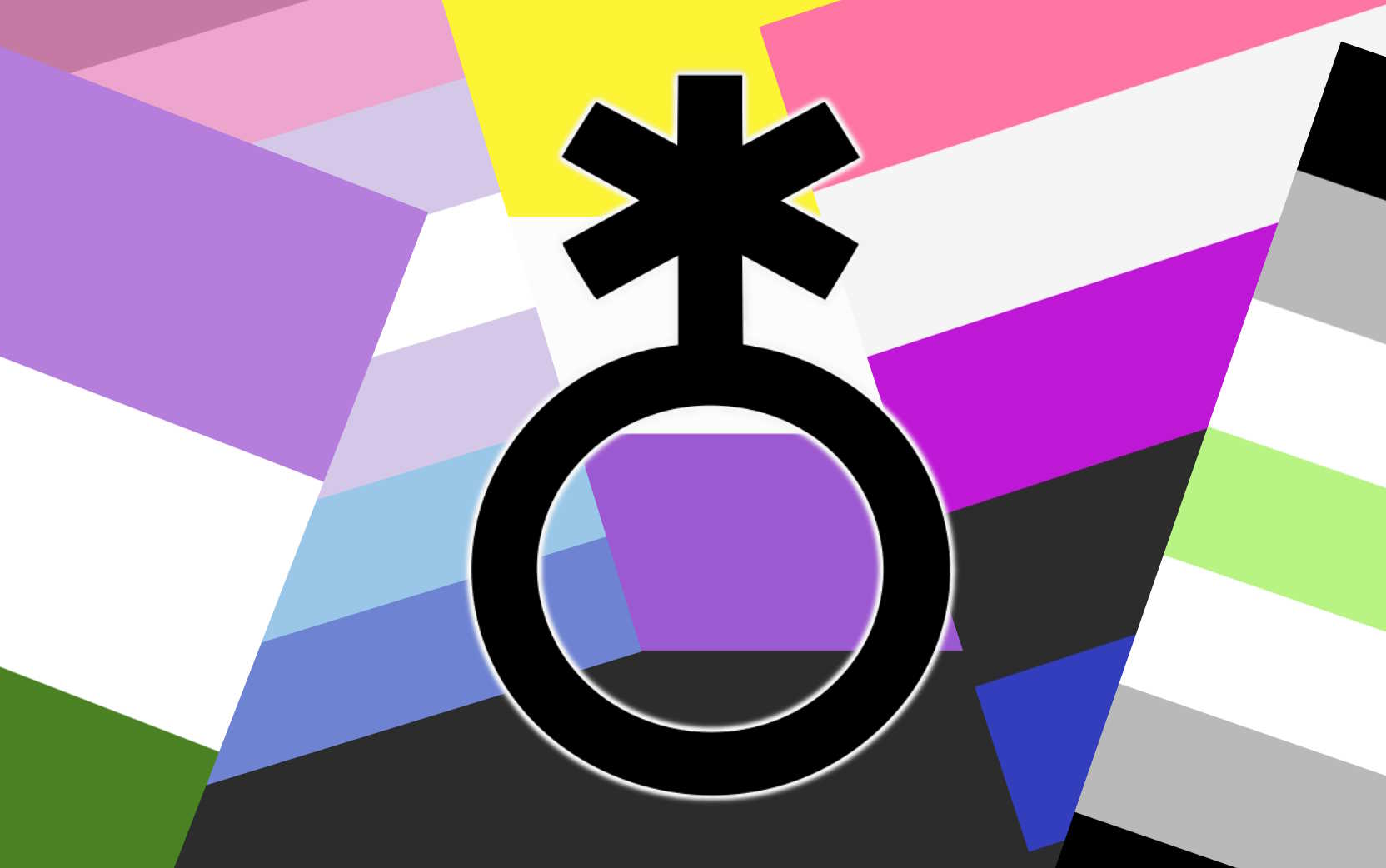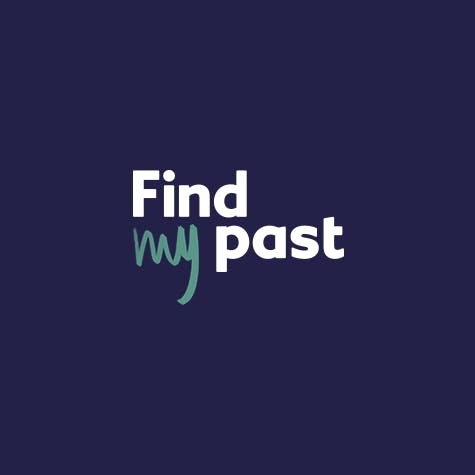#LGBTQGenealogy: Charting its Evolution
In 2017, Judy Russell, known as The Legal Genealogist, delivered a compelling presentation at the FGS Conference in Pittsburgh titled “Rainbows and Kaleidoscopes: Inclusion as a Society and Corporate Genealogical Standard.” Her call for diversity and inclusivity within the genealogical profession resonated deeply, challenging the narrative that all ancestors fit a homogeneous mold of white, heterosexual Christians arriving in New England from Europe. It was past time for the genealogical profession to embrace diversity, developing more resources that would attract everyone to our endeavor. People of all cultures would feel included only when they found welcoming resources that spoke to their experiences.
Inspired by this message, and as a gay Latino Californian, the quest to embrace diversity and create resources reflecting the experiences of all cultures sprouted roots for me. I left Pittsburgh full of ideas but what felt most at home was sharing my experience as a queer genealogist, which is how LGBTQ Genealogy began.
I wanted to provide a resource speaking to the Queer experience that helped genealogists recognize the rainbow flags in their trees. I wanted people to realize that not all their ancestors were straight. I found further inspiration in the online writings of LGBTQ pioneers Thomas MacEntee, Michael J. Leclerc, and Kim Cotton. But there were scant genealogy sources that educated about my people’s experience.
Motivated to bring attention to LGBTQ genealogy, I crafted a two-hour presentation, which was eventually serialized in this blog beginning in August 2019. Acknowledging the dearth of genealogical sources on the LGBTQ experience, the presentation was developed by drawing from books, websites, newspaper clippings, queer history, personal experiences, and genealogical frustrations.
The first opportunity to share this presentation came during Pride Month 2018, thanks to Maureen Hanlon of the California Genealogical Society (CGS), who accepted the topic without hesitation. CGS’s commitment to inclusivity allowed for an open and welcoming discussion on LGBTQ genealogy.
Subsequent invitations followed, including a presentation at The Sutro Library in 2019 and an invitation from Ancestry’s internal group, AQT (Ancestry Queers in Technology) to speak at Ancestry HQ in San Francisco in 2019 and 2020.
What else happened in 2020
2020 has been a tumultuous year, to say the least. The televised murder of George Floyd in May and the rising voice of the Black Lives Matter movement have carried our society closer to recognizing long-standing racial inequalities. Though tremendous work is still needed to shift us to a state of equality, we have seen change. Baseball teams are changing their names. Terms like “whitelist” and “blacklist” are being re-thought. A Black/Asian woman was elected Vice-President of the USA by a historic number of votes. The tide of social change is also lifting the recognition and inclusion of LGBTQ folk.
In the summer, an invitation to the Your Pennsylvania Ancestors podcast and a speaking engagement at the Kentucky Genealogical Society’s (KGS) annual conference showcased the growing interest in LGBTQ genealogy. LGBTQ Genealogy was one of the featured lectures at KGS’s annual conference, “Discovering Your Bluegrass Roots in Kentucky,” and KGS members have viewed the presentation over 200 times.
In October, Ancestry sought my input on proposed changes to their platform, with a focus on more inclusive relationships and welcoming alterations advocated by AQT. Cyndi’s List, a prominent genealogical resource, introduced an LGBTQ+ category with 55 links, featuring direct links to SixGen blog posts and the #LGBTQGenealogy hashtag.
What happens next
Looking ahead, there are plans to present at the Oberlin African-American Genealogy & History Group and return to CGS in June 2021. Additionally, Theresa McVean is launching Ancestree Detectives, a company dedicated to inclusivity, and has invited my participation in supporting LGBTQ genealogy.
This journey, sparked by Judy Russell’s inspiring call for inclusion, has been gratefully sustained by numerous allies in the genealogical community. As interest in LGBTQ Genealogy continues to grow, it is clear to me that Inclusion and Diversity are the way forward for a better future for all.




Good luck in all your endeavors, Stewart. I support you and your wonderful work of educating us.